Casual shoes form part of every man’s wardrobe, and whatever your personal style is we bet you have at least one of these types in your style staples. Apparently the average man owns 12 pairs of shoes – a good balance of both smart and casual shoes in your collection will ensure you have the right footwear for any occasion.
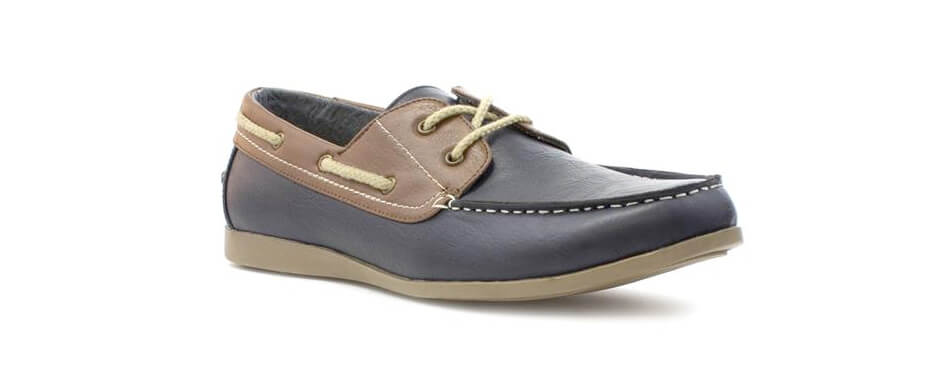
Boat & Deck Shoes
Boat shoes, probably more commonly known as deck shoes made a massive resurgence into popular men’s footwear trends a few years ago. In the 1980s in particular, deck shoes were hugely popular with ‘preppy’ style and were mentioned in a publication of “The Official Preppy Handbook” by Lisa Birnbach in 1980.
Before the ‘invention’ of boat shoes, sailors and boatmen struggled to keep their grip on slippery boat decks, hence the need for a sturdy sole with good grip.
Early in the 1930’s, a passionate boater named Paul Sperry was noticing that he needed far more grip when he was on out and about on his boat. Apparently, he first noticed a solution to his problem when he took his dog, Prince, out for a walk on frozen Connecticut ground. He noticed that Prince was slipping less on the ice and he devised a shoe to emulate the grip that Prince had; Sperry’s new shoe design had a sole with herringbone cuts and grooves.
In 1935, Sperry introduced white soled deck shoes as black soled shoes left marks and dirt on the deck of the boat. He sold his Sperry Top Sider shoe to the US Rubber Company and the US Navy who started to sell the shoes on a mass scale.
Boat/deck shoes traditionally have two or three eyelets, are crafted from mid to dark brown leather – although in recent years, you may notice them in any colour. Historically they are made out of leather, but again, more recently, negating practically for style, they are now sold in canvas or fabric, even suede.
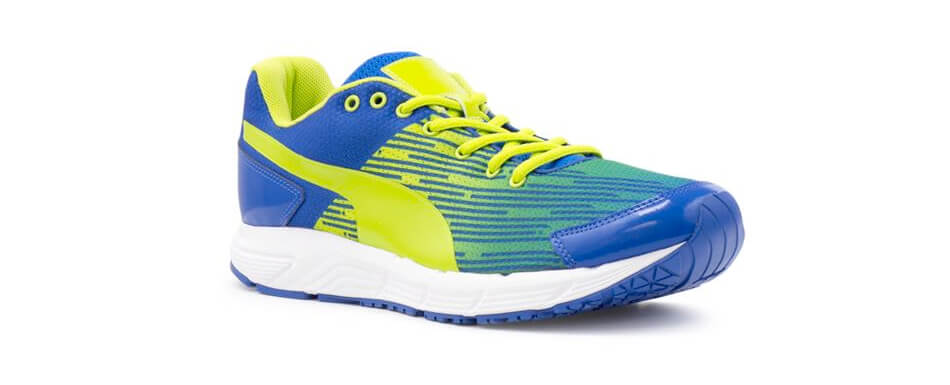
Trainers
Advances in technology and manufacturing have allowed the design and development of highly complex technical running shoes that fall into their own category outside of just simply ‘men's trainers’. High performance running shoes can be a real investment and can provide safety as well as style when training. Fashion trainers are also a comfortable, casual shoe that can be worn at any time, whether exercising or simply relaxing.
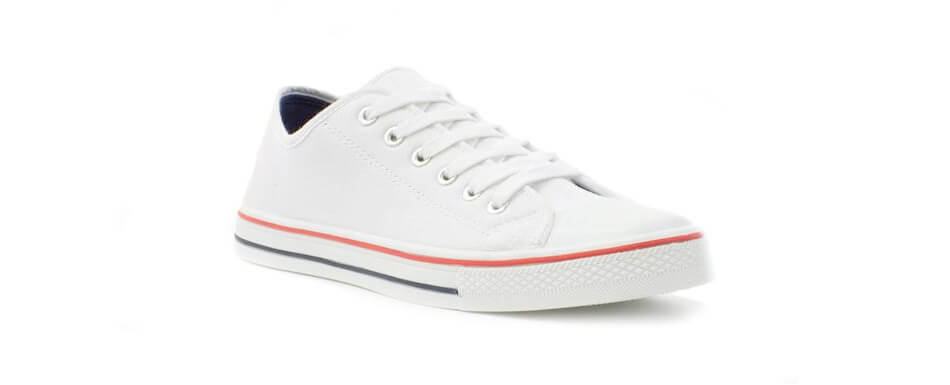
Canvas Shoes
Men’s canvas shoes predominately came into fashion in the 80’s, when skate shoes became increasingly more popular.
Before this period, canvas shoes were usually associated with plimsolls, which were worn for sports and usually before adulthood. Plimsolls probably evoke some nostalgia in everyone, as they were compulsory for P.E. lessons at school. Canvas plimsolls have their own names in many different regions and cultures, and were usually black with an elasticated front panel and a thick rubber sole.
Fashion has come a long way since then, and although plimsolls are still available for kids for their P.E. lessons, canvas shoes for adults are now much more comfortable and stylish.
Canvas shoes can come in almost every pattern and colour imaginable. Canvas is a versatile and lightweight fabric that is perfect for everyday wear.
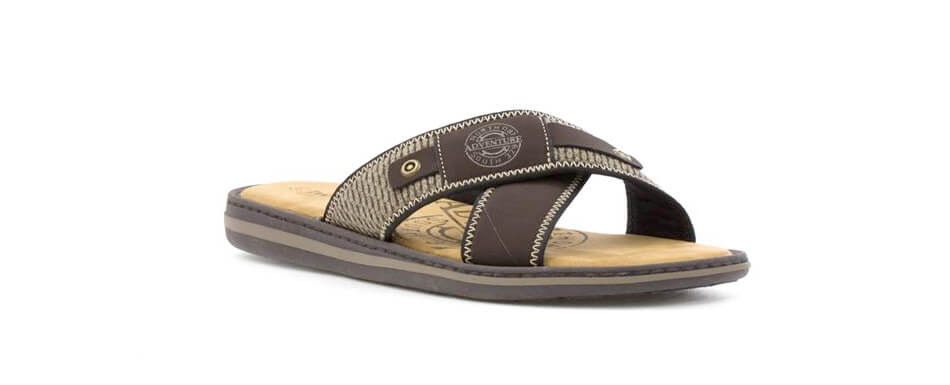
Sandals/Flip Flops
Men’s sandals divide opinion more than any other type of footwear. They are the thin line between practical and utter style sin, the men’s sandal may have a reputation but if you wear it with some rules in mind, there’s no need to shy away from it.
- Less is more: The less straps the better, according to fashion experts, around three straps is perfect.
- Get a pedicure: If you’re going to brave bare feet, get a pedicure to make sure they’re in tip top condition.
- Turn up: Turn up or hem trousers before wearing sandals. It will stop trousers getting caught under your sandals and add a contemporary twist to your outfit.
- The obvious: No socks with sandals. Ever.
- Outfit choices: If you’re going to wear a risky choice such as sandals, keep the rest of your outfit sharp, sophisticated and classic. Think tailored linen shorts and a shirt.
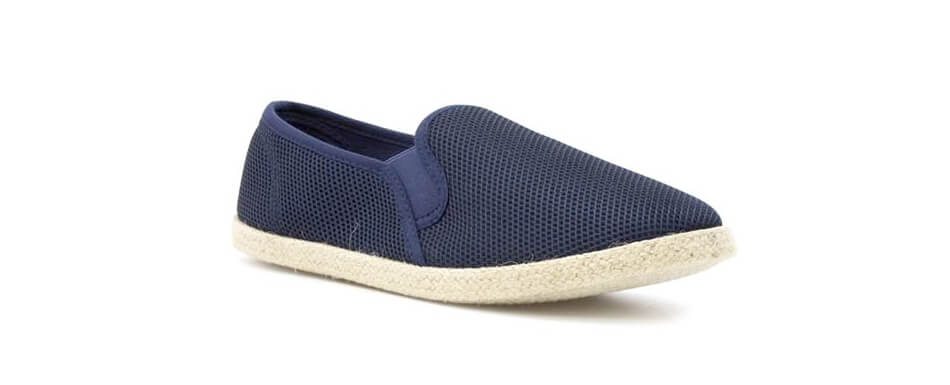
Espadrilles
Nothing says ‘Summer’ like a pair of espadrilles. The shoes originate from Spain, and are defined by their braided rope soles. ‘Esparto’ is the plant that was burnt and twisted into thick, durable rope to form early styles of espadrilles.
The shoes have humble origins and were typically worn by soldiers and priests in the early 19th Century- a far cry from the high end, luxury versions being designed by top Fashion houses these days.
The shoes are lightweight and allow your feet to breathe, making them the perfect summery style essential.